FROM POOR STUDENT TO GOVERNOR
Ho Bieu Chanh's real name is Ho Van Trung. He was born on October 1, 1885, the fifth child in a family of 12 siblings in Binh Thanh village, old Go Cong province (now Phu Thanh commune, Dong Thap province). Because his grandfather had the merit of asking to separate Binh Xuan village and establish Binh Thanh village, the tablet of his ancestors was worshiped in the village communal house. In the 1902-1903 school year, he received a scholarship from My Tho High School and then Chasseloup-Laubat School in Saigon. In 1905, he took the Thanh Chung exam and passed the second class.
Portrait of Ho Bieu Chanh. |
In his autobiographical account of his poor childhood, in the book My Life Memories, Ho Bieu Chanh wrote: “Two days before the day of departure, my mother complained that she had run out of money, so my father went to find someone to borrow money for me to go. I was so worried, afraid that I wouldn’t be able to go. The last day, it was evening and my father still hadn’t returned. I complained that if I had one coin, it would be enough for me to go. My mother advised me not to worry… It was very late at night, my mother wrapped up a pair of clothes, walked with me to the market to pawn them. The shop agreed to take three coins. My mother folded the paper and put it in her pocket, and gave me all the money. When the train opened the rope and started moving, I stood on the pier looking at my mother, tears streaming down my face…”
After passing the Thanh Chung exam, Ho Bieu Chanh intended to become a teacher, but his old teacher advised him to take the exam for the record keeping position. In 1906, he passed the record keeping exam for the Nam Ky Governor's Office and worked at the Dinh Thuong Tho in Saigon. In 1911, because he was suspected of being friendly with Tran Chanh Chieu's group, he was transferred to Bac Lieu . In 1936, he was promoted to Doc Phu Su. That same year, he had been a civil servant for 30 years and had to retire in 1937.
Cover of Dai Viet magazine in 1942. |
But citing that there was no replacement, the colonial government retained him until mid-1941. From August 1941, he was appointed as a member of the Indochinese Federal Council, then a member of the Saigon City Council and a member of the Saigon-Cho Lon Board of Directors. In 1946, he served as Chief of Staff in the autonomous Cochinchina Government of Prime Minister Nguyen Van Thinh until Mr. Thinh committed suicide at the end of that year.
At that time, being a scribe was very easy to make money "because the Bac Lieu court was no different from a market selling sweet soup and porridge, money was exchanged for porridge". But he still maintained a clean life. Because he believed that: "Although a scribe is a lackey of the French mandarin, if you work diligently and honestly, do not flatter or flatter, stay when you are right, leave when you are wrong, dare to get angry when you say something wrong, dare to argue when you say something wrong, then your position will not be unfair, and the world will benefit too".
A LIFETIME PASSION FOR WRITING
Ho Bieu Chanh was born in the year Hue fell (1885) and died 4 years after the Geneva Agreement divided the country (1958). With 74 years of life, his life was aimed at a period with many important events in politics as well as literature. In the book My Life Memories, the part about literature and art, Ho Bieu Chanh said that in 1907, a number of Confucian scholars in the South, including Tan Dan Tu and Nguyen Tu Thuc, proposed "bringing Guan Yu back to China" and "inviting Buddha to India", creating a national revival movement, stirring up public opinion in the South. Ho Bieu Chanh wanted to respond to that movement by writing articles in newspapers to express the opinions of the progressive youth. His literary career began from there.
Cover of Dai Viet magazine in 1918, directed by Ho Van Trung (Ho Bieu Chanh). |
In 1909, Ho Bieu Chanh had his first work, the novel U tinh luc, written in the luc bat form. When he moved to Ca Mau in 1912, the simple and leisurely scenery here, with mangrove forests, cajuput forests, salty water and swarming mosquitoes..., molded his literary soul and he wrote his first prose novel Ai lam duoc te chu ca Mau and considered Ca Mau his homeland. From 1922, he continued to write novels. The works published during this period were Chua tau Kim Quy, Cay gnat mui doi, Tinh mong, Mot chu tinh...
Along with writing, Ho Bieu Chanh was also a famous writer for many newspapers at that time. During his time working in Long Xuyen, Ho Bieu Chanh cooperated with Mr. Le Quang Liem, Dang Thuc Lieng, Nguyen Van Cu, Le Quang Nhon to publish Dai Viet Magazine, the first issue was published in January 1918. This was considered Ho Bieu Chanh's first step in journalism, but this monthly magazine only published 13 issues before being discontinued. After retiring, in 1942, he started publishing Nam Ky Weekly and Dai Viet Magazine. Nam Ky Weekly was published every Thursday, the first issue was published on September 3, 1942 with many columns: Discussion, research, criticism, translation, novels, sports, domestic and international news... But in June 1944, it was discontinued after publishing 85 issues. The reason is said to be that newspaper printing paper was scarce at that time, due to World War II.
Dai Viet Magazine was a semi-monthly magazine, published on the 1st and 16th of every month. The first issue was published on October 1, 1942 with columns on discussion, research, translation, philosophy, science, history, education, etc. This newspaper gathered many famous writers at that time such as Dang Thuc Lieng, Truong Vinh Tong, Khuong Viet, Pham Thieu, Thieu Son, Le Tho Xuan, Dao Duy Anh, Hoang Phe, doctor Tran Huu Nghiep, etc. but only published 54 issues, and by December 1944 it was discontinued.
Ho Bieu Chanh's handwriting. |
In the Literature Magazine (April 15, 1967), writer Binh Nguyen Loc wrote: It can be said that Ho Bieu Chanh is an event in the history of Vietnamese literature, especially in the South, in terms of form and writing style. The novels that we read before Ho Bieu Chanh were written in a style that was loud but empty. Roughly like: "In the afternoon, birds chirped in the sky, fish swam around in the river, Lam Tri Vien held a newspaper in one hand, a walking stick in the other, and walked briskly on Vet Don Street to pick up his lover and exchange confidences." "Ho Bieu Chanh was good because he only wrote according to the thoughts of an ordinary person. For the first time, readers saw the image of a dog lying with its tongue out on the porch of a thatched house, heard the sound of frog music in the deep fields in the afternoon, all familiar images but so new, much more attractive than the weeping willow by the lake, more attractive than "the lotus has just faded, the chrysanthemum has just blossomed, summer has passed, autumn has come." In terms of content, most of Ho Bieu Chanh's novels are complete, loyalty is rewarded, flattery is punished, resentment is repaid, kindness is repaid, no matter how difficult the situation is, the man and woman will eventually reunite...
In 1958, when Ho Bieu Chanh passed away, poet Dong Ho and poetess Mong Tuyet came to pay their respects and read the couplets with the entire title of his book: "The bitterness of life, sixty-three novels written, for righteousness, for love, who can do that dream of stillness/ The burden of being a common man is heavy, the diligence goes through seventy-four years, the truth and falsehood, the falsehood and the real, when love is over, one still follows the times".
During his creative life, the works that Ho Bieu Chanh left behind were very rich, including many genres. Among them were 64 novels, 23 research papers, 3 reformed plays, 5 dramatic plays, 4 opera plays, along with many short stories, novels, poems and many translated stories...
MAI HA
Source: https://baoapbac.vn/van-hoa-nghe-thuat/202507/ho-bieu-chanh-mot-doi-nuoi-nghiep-viet-lach-1047072/


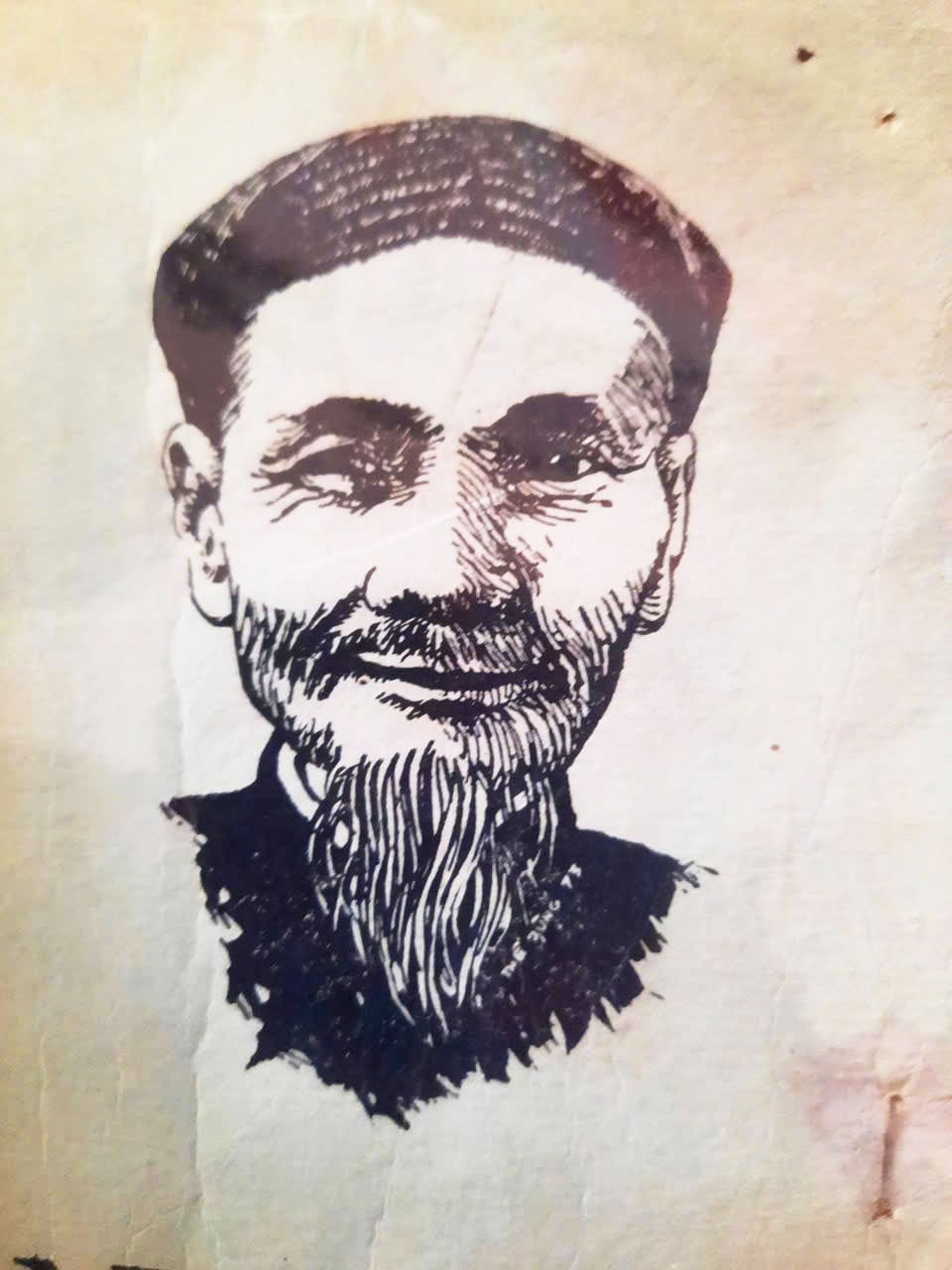
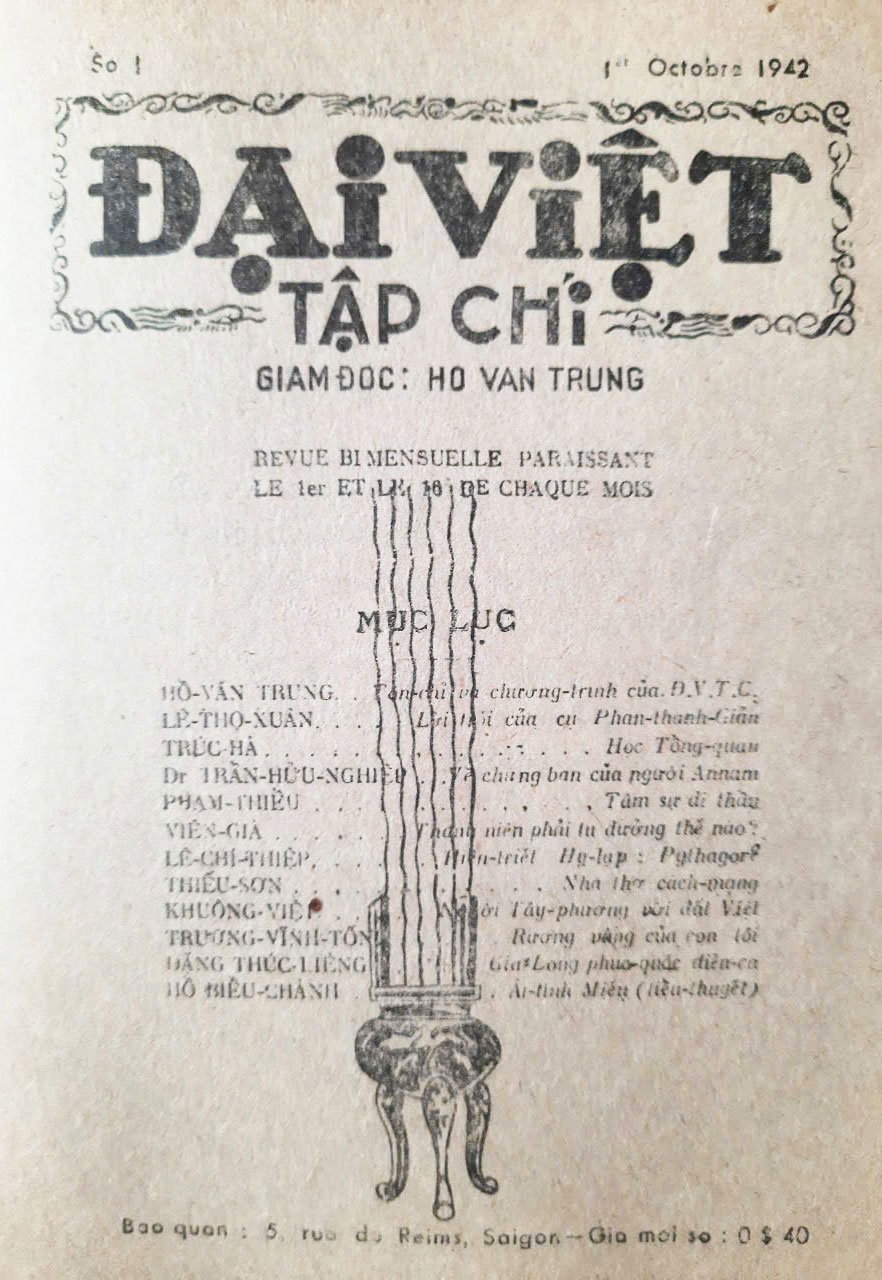
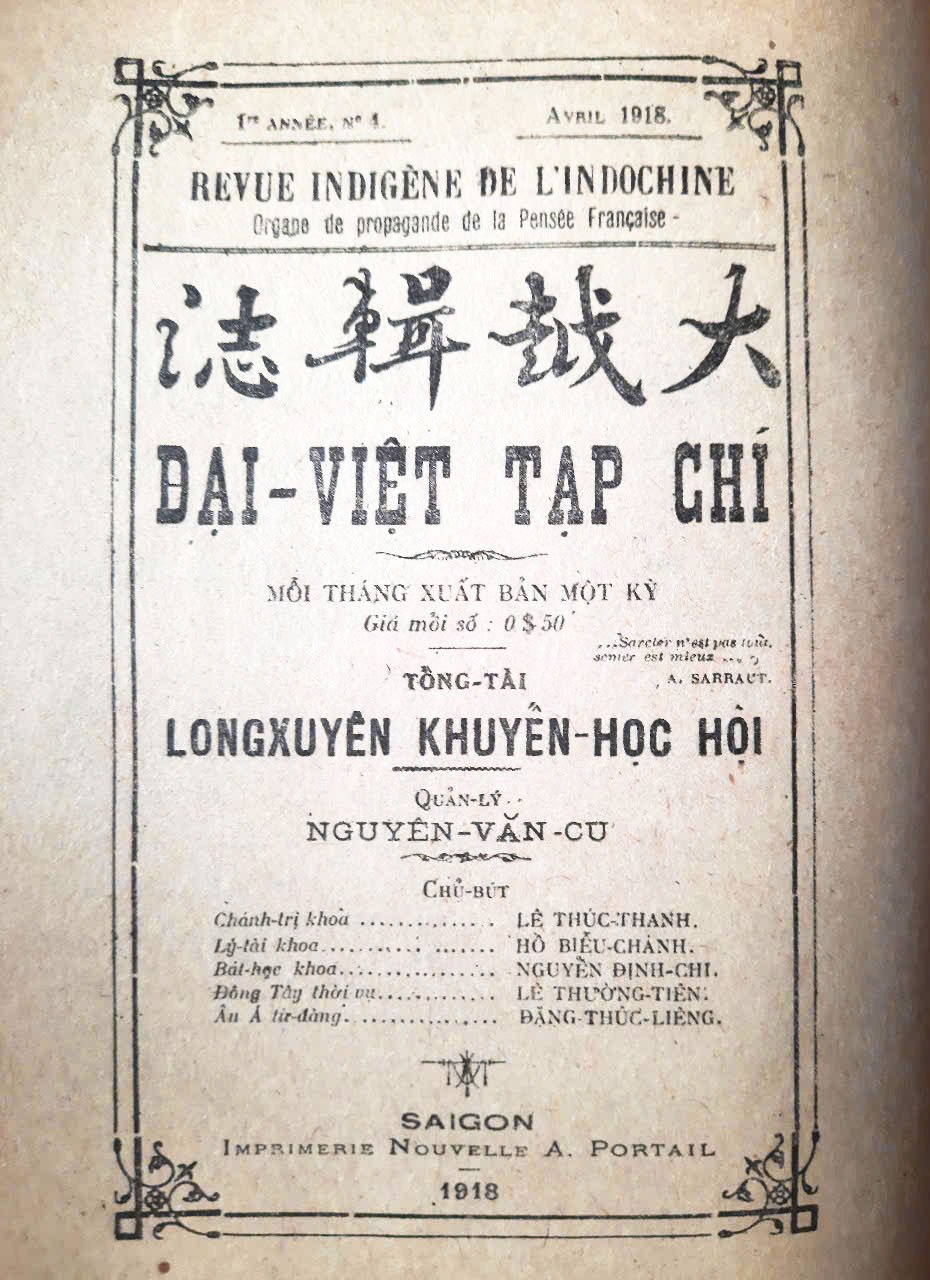
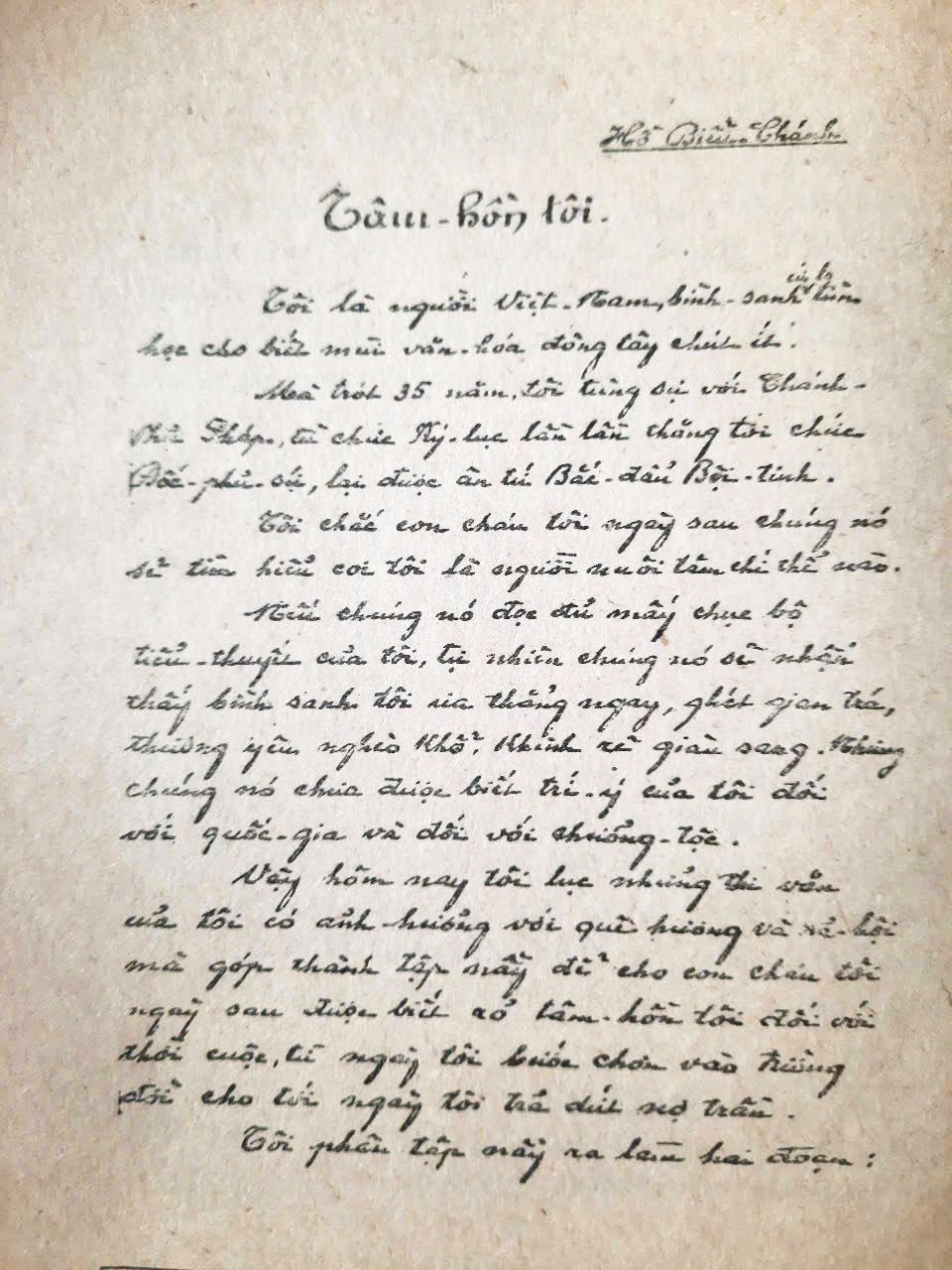

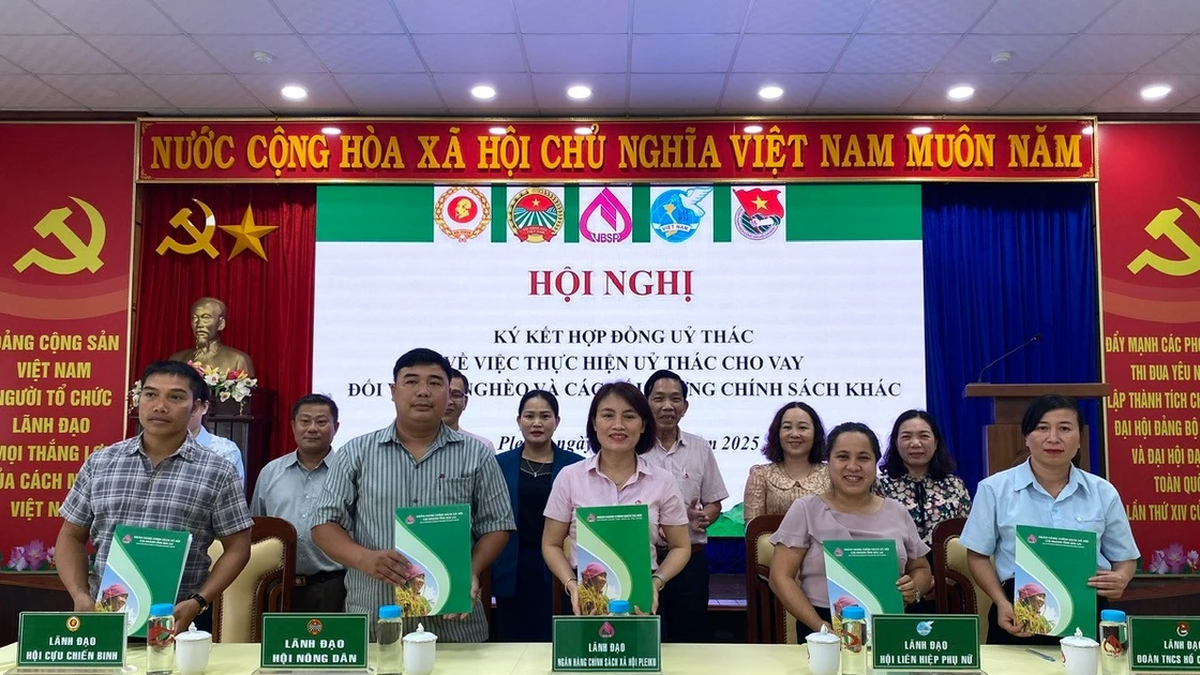

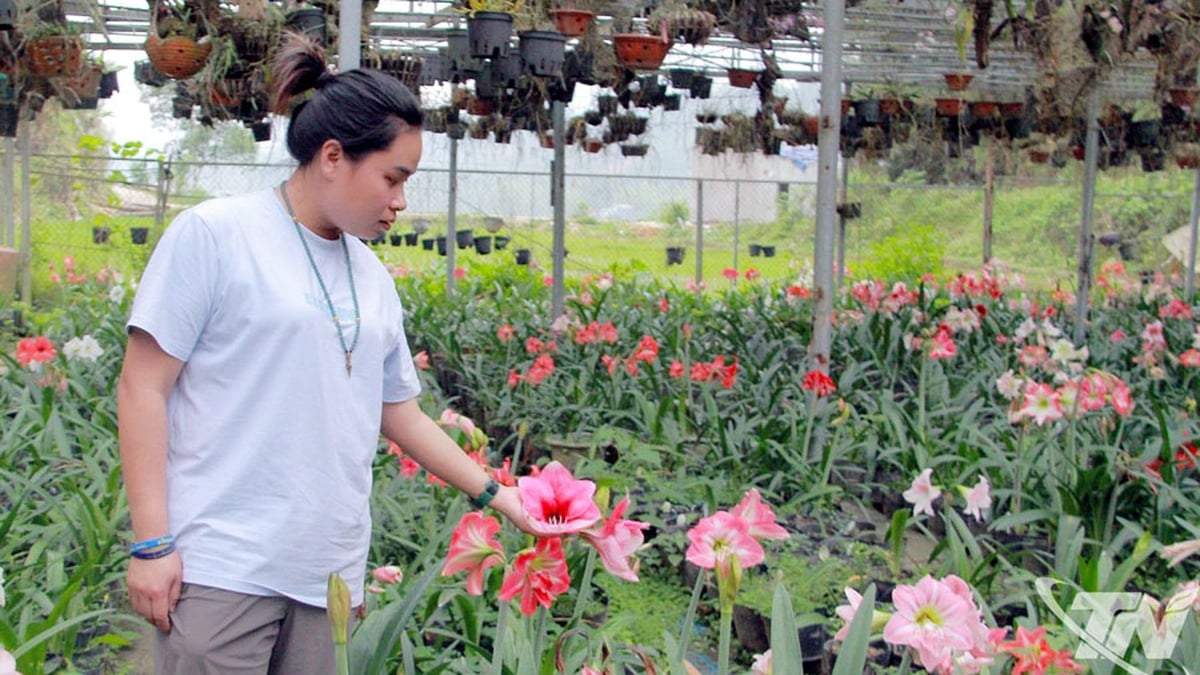
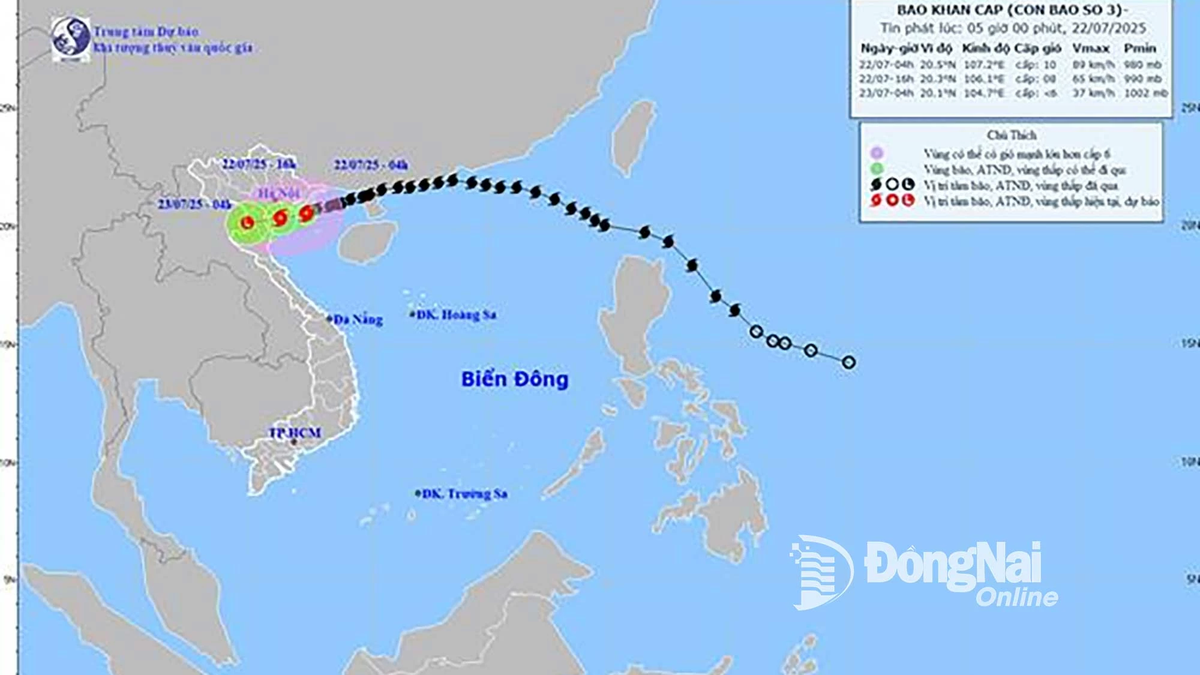
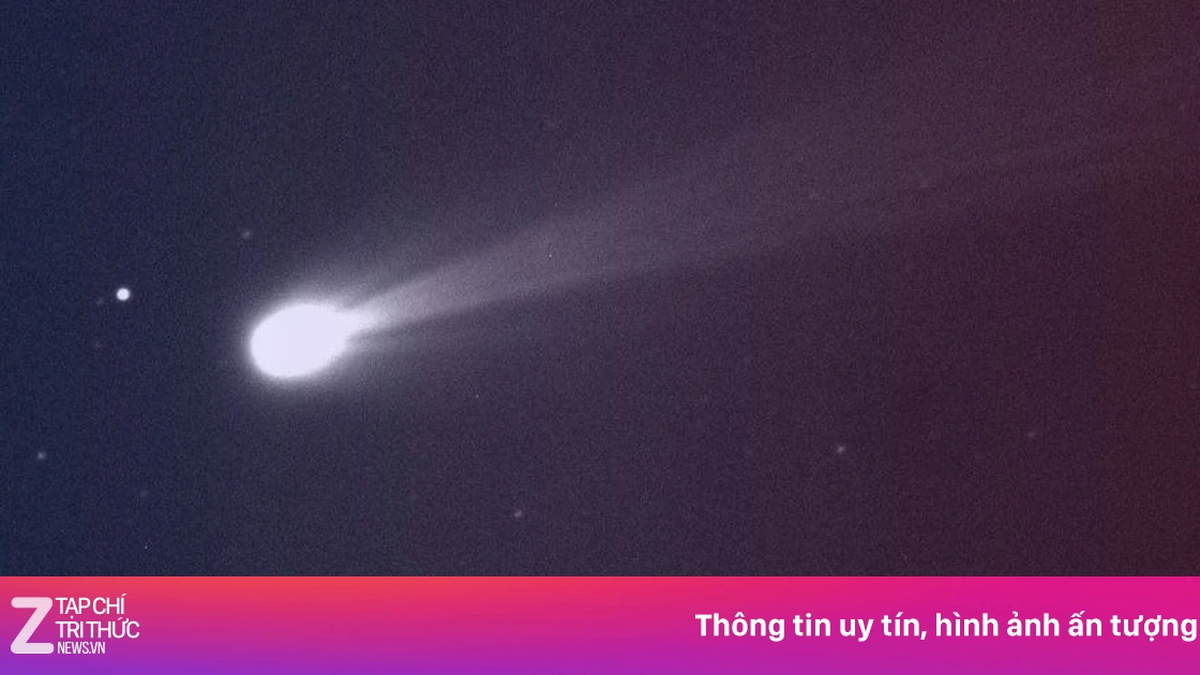





















![[Photo] National Assembly Chairman Tran Thanh Man visits Vietnamese Heroic Mother Ta Thi Tran](https://vphoto.vietnam.vn/thumb/1200x675/vietnam/resource/IMAGE/2025/7/20/765c0bd057dd44ad83ab89fe0255b783)
















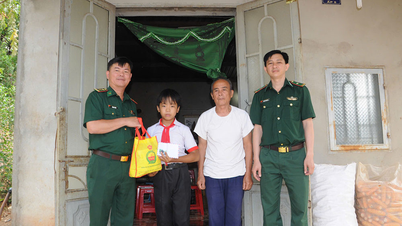










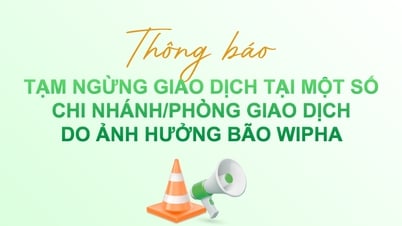












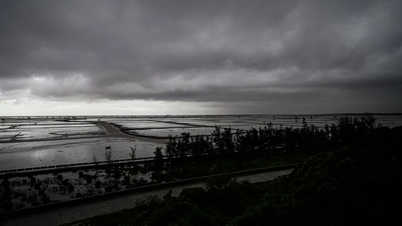

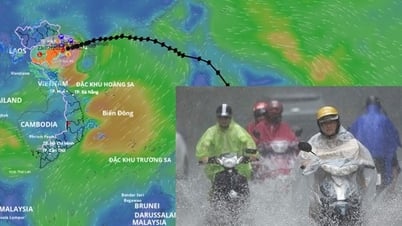

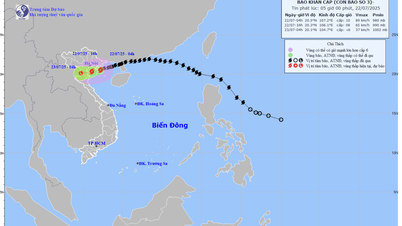


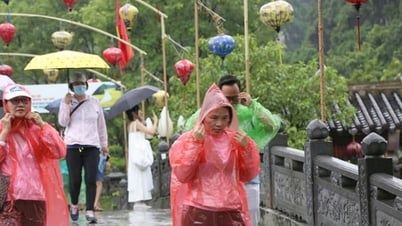


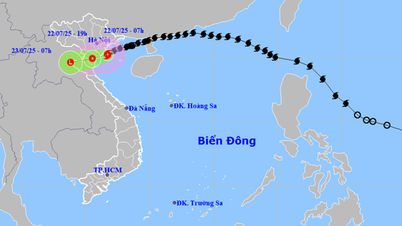
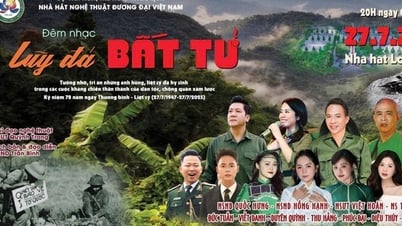























Comment (0)